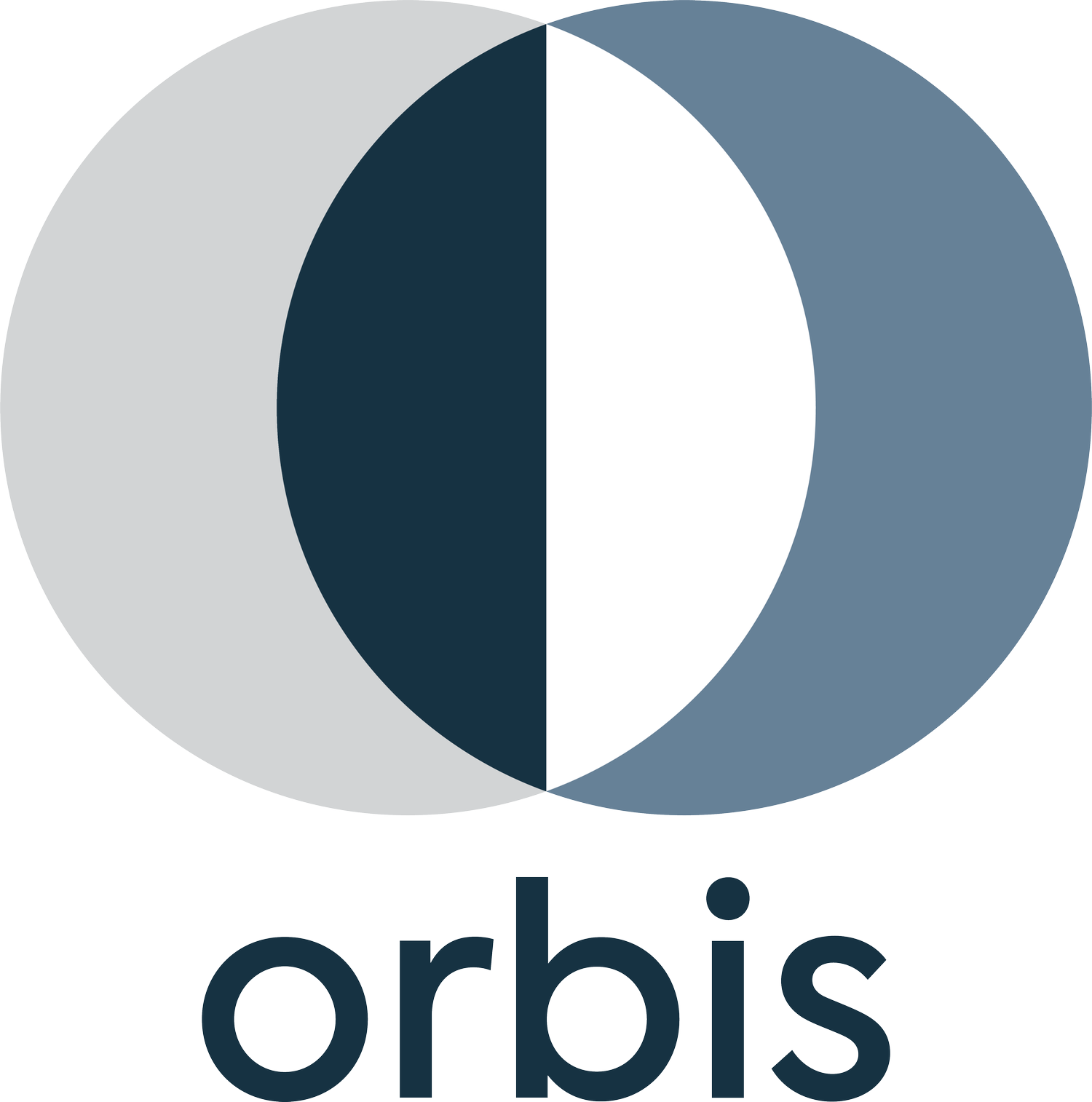The New Net-Zero Standard
In October 2021, the Science-Based Targets initiative launched their Net-Zero Standard, which is now global best practice for companies setting net-zero strategies. This has come at a time when COP26 is capturing a global audience and there is a growing corporate interest in committing to climate change action.
The main objective of this standard is to provide a standardised, transparent, and clearly communicable approach for organisations with more than 500 employees to set net-zero targets that are aligned keeping planetary temperatures within a 1.5°C warming from pre-industrial levels.
The SBTi Net-Zero Standard defines net-zero as:
Reducing an organisation’s Scope 1, 2, and 3 emissions to zero or to a residual level that is consistent with reaching net-zero emissions at the global or sector level ; and
Neutralizing an organisation’s residual emissions at the net-zero target year, and any GHG emissions released into the atmosphere thereafter
Key messages from the new SBTi Net-Zero Standard:
For companies to claim net-zero they must have reduced absolute Scope 1, 2, and 3, emissions by at least 90% before no later than 2050.
Firms are required to set near- and long-term science-based targets across all Scopes in line with the ‘well below 1.5oC’ pathway.
Near-term targets refer to emission reduction in the next 5 to 10 years, and long-term targets determine the total level of possible decarbonisation by 2050 or earlier.
When emissions have been reduced by 90% any residual emissions that cannot be reduced must be offset though sequestration (neutralisation).
This cannot exceed 5-10% of total emissions from their base year, at this point the company will be able to claim they have reached their net-zero target.
A company will be able to claim that they are net-zero once they have achieved at least a 90% reduction in their emissions from a base year and have offset any residual emissions through sequestration.
Before a company has reached a 90% emission reduction, they should make annual investments in climate mitigation activities equivalent to their annual carbon footprints.
Chapter 8 of the report provides sector-specific guidance on net-zero target setting and covers industries such as real estate, finance, and transport.
Committing to these targets will be a substantial challenge for companies. However, this presents valuable ESG opportunities, including numerous environmental benefits, improved stakeholder and investor confidence, regulatory compliance, and access to green finance. This new standard offers clarity and a credible reference point for companies across all industries setting their net-zero strategies.
If you are looking to set a science-based net zero strategy for your business, Orbis Advisory can support you. With over 30 years of experience in sustainable consulting, we have taken businesses through the whole process of calculating their carbon emissions, reducing their emissions, and setting science-based targets. Please see the “services” section on our website to explore the full range of services, or send an email through to info@orbisadvisory.com for any inquiries.

